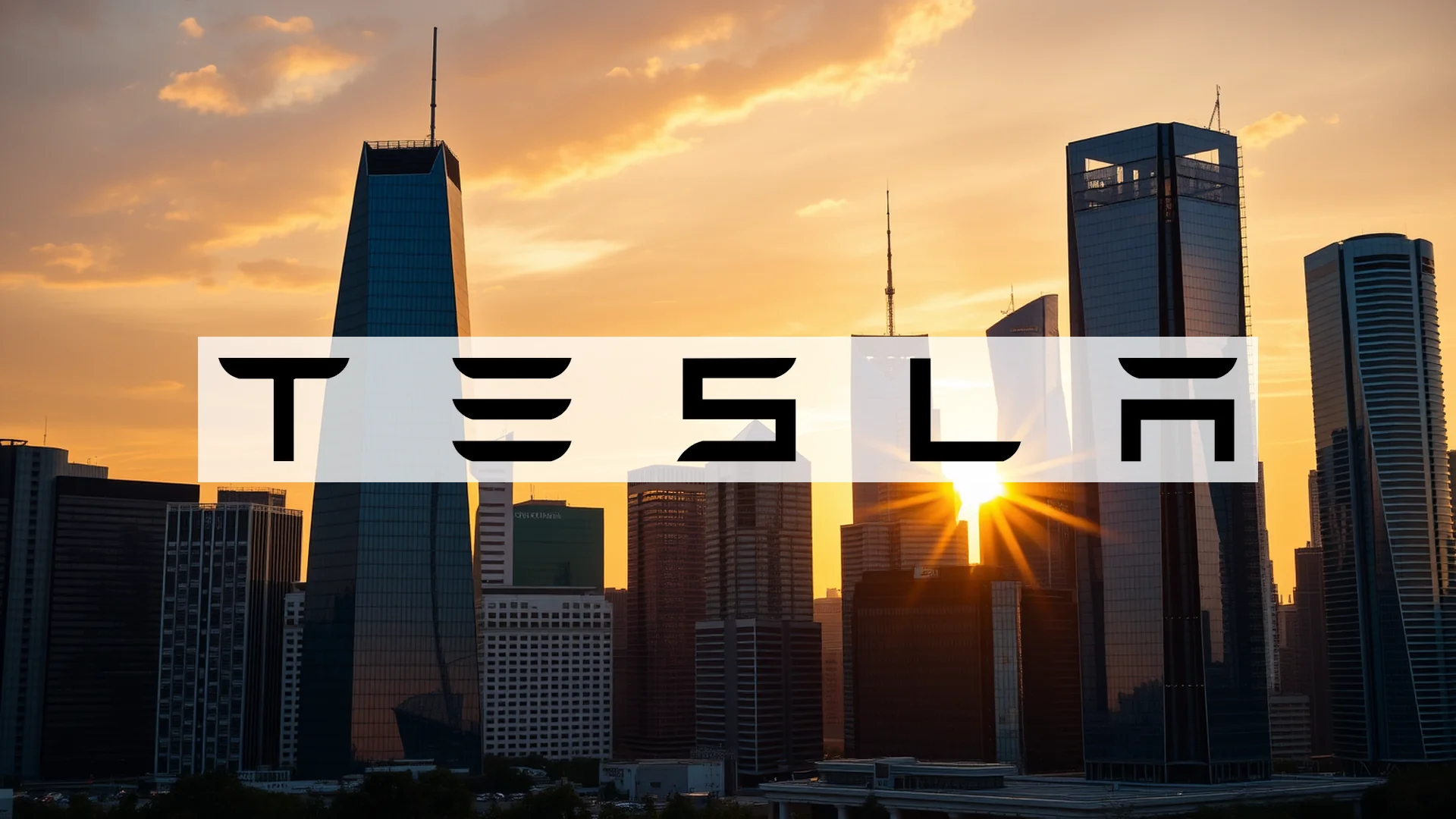The future leadership of Tesla hangs in the balance as shareholders prepare for a critical vote this Thursday on a compensation package for CEO Elon Musk that could ultimately be worth up to $1 trillion over ten years. This unprecedented proposal has created a deep rift among investors, pitting those who believe Musk is indispensable against others who view the package as excessively dilutive and risky.
Institutional Opposition Mounts
Adding significant weight to the opposition, Norway’s sovereign wealth fund—one of Tesla’s largest global shareholders—publicly declared its intention to vote against the compensation plan. The fund, which manages over a trillion dollars in assets and is recognized for its stringent corporate governance standards, cited serious concerns. It highlighted the sheer size of the potential payout, the resulting dilution for existing shareholders, and the unresolved risk of the company’s over-reliance on a single key individual.
This opposition from a major institutional investor is more than symbolic; it sends a powerful signal that could influence other large shareholders. The investor base is already visibly divided. While firms like Baron Capital Management are staunchly supporting the package, advisory services such as Egan-Jones have offered mixed recommendations, leaving the outcome highly uncertain.
The Stakes Behind the $1 Trillion Proposal
The compensation package ties Musk’s rewards to what many consider nearly unattainable corporate milestones. For the full payout to be realized, Tesla would need to achieve a staggering market capitalization of $8.5 trillion—a figure that exceeds the combined value of Apple, Microsoft, and Nvidia. The plan also hinges on Tesla meeting extreme operational targets for vehicle deliveries, the rollout of autonomous robotaxis, and the development of humanoid robots.
Should investors sell immediately? Or is it worth buying Tesla?
Tesla’s board defends the package as a necessary incentive, framing it as an existential measure to ensure Musk remains focused on the company. They have suggested that without such a compelling offer, his attention could shift to his other ventures. Supporters see him as an irreplaceable visionary central to Tesla’s identity and success. Critics, however, argue that the plan only worsens the company’s structural vulnerability by deepening its dependence on its CEO, a risk that cannot be mitigated by a larger financial commitment.
A Pivotal Shareholder Meeting
The annual general meeting on November 6th is shaping up to be a decisive showdown. Beyond the historic compensation vote, shareholders will also deliberate on Musk’s proposed multi-billion dollar investment in his AI startup, xAI, introducing another layer of potential conflict. Market uncertainty is palpable, with Tesla’s stock experiencing a notable decline on Tuesday and volatility remaining elevated.
The consequences of the vote are profound. A rejection could trigger a crisis of confidence with unpredictable repercussions for the stock. Conversely, approval might provide short-term relief for the share price, but it would leave a monumental long-term question unanswered: Is Tesla’s astronomical growth plan a visionary roadmap or a recipe for overpromising that could ultimately backfire?
Ad
Tesla Stock: Buy or Sell?! New Tesla Analysis from February 7 delivers the answer:
The latest Tesla figures speak for themselves: Urgent action needed for Tesla investors. Is it worth buying or should you sell? Find out what to do now in the current free analysis from February 7.
Tesla: Buy or sell? Read more here...












